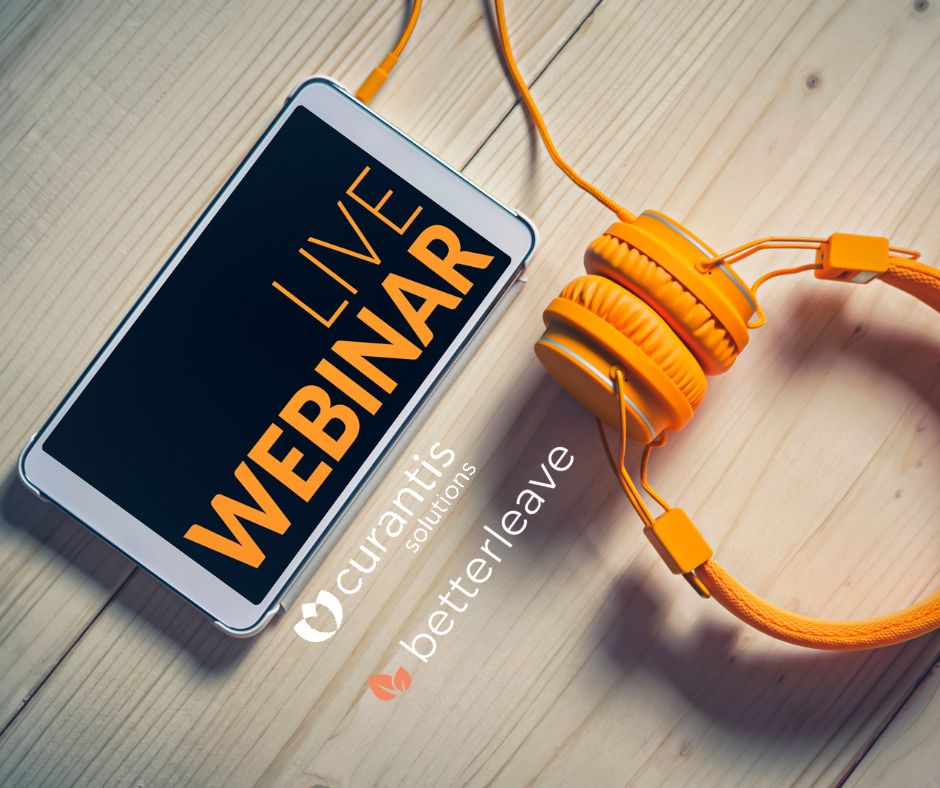What is estate planning?
Estate planning is the process of arranging for the management and dispersal of your estate in the event of incapacitation or your passing. Your estate includes everything you own at that time, such as your business, money, investments, life insurance and annuities, home, or personal property values. The planning process includes:
- Designating beneficiaries and guardians for minors
- Donating assets
- Reducing or eliminating uncertainties over probate
- Maximizing your estate’s value by minimizing taxes, court costs, and legal fees,
- Choosing end-of-life care preferences through the creation of legal, financial and healthcare documents
Why is it important?
Preparing an estate plan isn’t always simple or intuitive, but it is essential. Estate planning formalizes your final wishes and ensures they will be carried out so your loved ones will be taken care of without having to make difficult decisions on your behalf. Having no plan in place guarantees probate and gives all control over your property to the state. The benefits of taking action include:
- Protecting yourself and your loved ones
- Preserving your assets
- Maintaining control over your property
- Avoiding court
- Saving money in the long term
- Preserving your options during incapacity
- Finding peace of mind
This guide will walk you through the estate planning process and explain how to create a will and trust, designate beneficiaries, and evaluate life insurance.
Decide on a will and/or trust
An estate plan begins with a will and/or trust. Both establish how your assets will be managed during incapacity or distributed at death, but only a trust can skip probate court — the legal process a will must go through to establish its validity before any assets can be distributed to the beneficiaries. Decide which option is best for you by considering your current stage of life and individual needs, continuously updating them every few years as your situation or the law changes, or reviewing your situation and options with an estate planner.
A will is a legal document that takes effect at death. It expresses a person's final wishes and instructions as to how their property should be distributed after their death and who will manage the property and distribute their estate. When creating a will, you should:
- Determine what type of will you want to create (there are many types)
- Make a list of your assets, including savings and checking accounts, cash, CDs, treasury bills, real estate, investments, stocks, bonds, pensions and retirement plans, life insurance policies, art and collectibles, jewelry, corporate assets, and the like
- Determine and document your end-of-life wishes, including what kind of housing and medical care will you want to receive if you become unable to care for yourself and your funeral or memorial arrangements
- Create an obituary and/or death notice
- Decide who will inherit your assets and name them as beneficiaries
- Name contingent beneficiaries in case someone is unable to receive the assets you’ve left them
- Choose the executor(s) to handle your estate and carry out the terms of your will
- Choose a guardian for any minor children and an adult to manage what they will own or inherit (property guardian)
- Sign and notarize the will in front of at least two witnesses
- Advise the executor where the will is located and how to access it, as only the original signed will can be filed with a probate court
Anyone can write a will, but it's usually advisable to have a trust and estate lawyer draft — or at least review — it to make sure it is in accordance with state laws.
Unlike a will, a trust is effective during the creator’s (trustor) lifetime and does not require probate. For example, you could create a trust fund for your children's future education expenses. When creating a trust, you should:
- Determine what type of trust you want to create (there are many types)
- Make a list of your assets
- Draft and execute the trust agreement including the trustor, what assets are held by the trust, beneficiaries who receive these assets and when, the person who manages the trust (trustee), and the person who will take over in the event that the trustee can no longer manage the trust (successor trustee)
- Sign and notarize the agreement
- Set up a trust bank account and transfer assets into the trust to fund it
- Designate the trust as beneficiary For other assets like a 401(k) or IRA
This option keeps you in control directly or through your trustee. An estate plan that includes both a will and a trust is not necessarily more expensive to set up than an estate plan that only includes a will, but it is more likely to avoid additional fees and costs later, considering that a funded trust can avoid probate court at incapacity and death.
Designate Beneficiaries
Selecting beneficiaries is an essential component of your estate plan. The beneficiary or beneficiaries in your last will and testament or trust are the people or entities who will receive your property after you pass away. Most people designate their family members or loved ones, but you can also designate an organization or anyone else you’d like to receive your property after your passing. If you are selecting multiple beneficiaries, you have to decide how to distribute your assets among them. The beneficiaries can receive anything you own from your real estate to your personal property. This includes life insurance plans, P.O.D. accounts, T.O.D. accounts, 401(k) plans, IRAs, and annuities.
- Name the person(s) you want to receive property upon your passing (beneficiaries) and how you’d like your property divided up among your beneficiaries, whether all of it, some of it, or even one specific item.
- Additionally, name who should receive your property if a primary beneficiary you chose passes away before you (contingent beneficiaries) and is thus unable to receive the property you left them. If no alternate beneficiary is named and the primary beneficiary passes before you, that property will be distributed according to your state laws.
- If you are leaving property to a minor, this property is usually placed in a trust, with the minor’s legal guardian being the trustee who controls the property within the trust on their behalf. Upon reaching legal age, they will assume ownership and control of any assets left to them.
Evaluate Life Insurance
Life insurance is another important aspect when planning for the future. From funeral costs to mortgages, there are many expenses your family could incur in the event of your passing. Having a good life insurance policy will ensure these expenses do not lead to major financial or property losses. When evaluating life insurance policies, consider the following:
- Calculate your debts and critical financial needs to determine your planning goals
- Calculate your budget and compare it against the costs of the policies
- Compare different types of insurance policies and quotes
- Research insurance company credentials and financial health
- Understand exactly what the insurance policy covers
- Learn about the insurer’s claim settlement history
Once you have a life insurance policy it is also important to routinely:
- Evaluate your policy to determine if you have sufficient coverage and ensure it has not lapsed
- Update policy beneficiaries as necessary
- Evaluate your previous planning goals and whether they need to be adjusted
- Consult with a trusted financial advisor to update your policy as needed
- Assess your insurance company’s financial stability
After you create an estate plan, aim to update it every three to five years or more often if:
- You move to a new state
- You buy property
- You get married, divorced or become widowed
- Your family size changes
- Your financial situation changes
- You take a new job, start a business, or retire
- Your kids will attend/are attending college
Now is the best time to plan for the future.
Procrastination or disorderly future planning can jeopardize your access to benefits, resources, and opportunities for planning, resulting in loss of control over your property, costing your family money, and other unintended consequences. It’s not uncommon to feel a uncomfortable or overwhelmed as you begin estate planning, but knowing what you need ahead of time and having a course of action to follow can help.
With Betterleave, you’ll have help throughout the entire estate settlement, probate, and inheritance process while our partners provide expert guidance and peace of mind that your documents are prepared properly to meet your future goals.
Estate planning is a necessity for everyone, and you don’t have to do it alone. Lean on Betterleave for support as you begin planning for the future.




)%20(3).jpg)